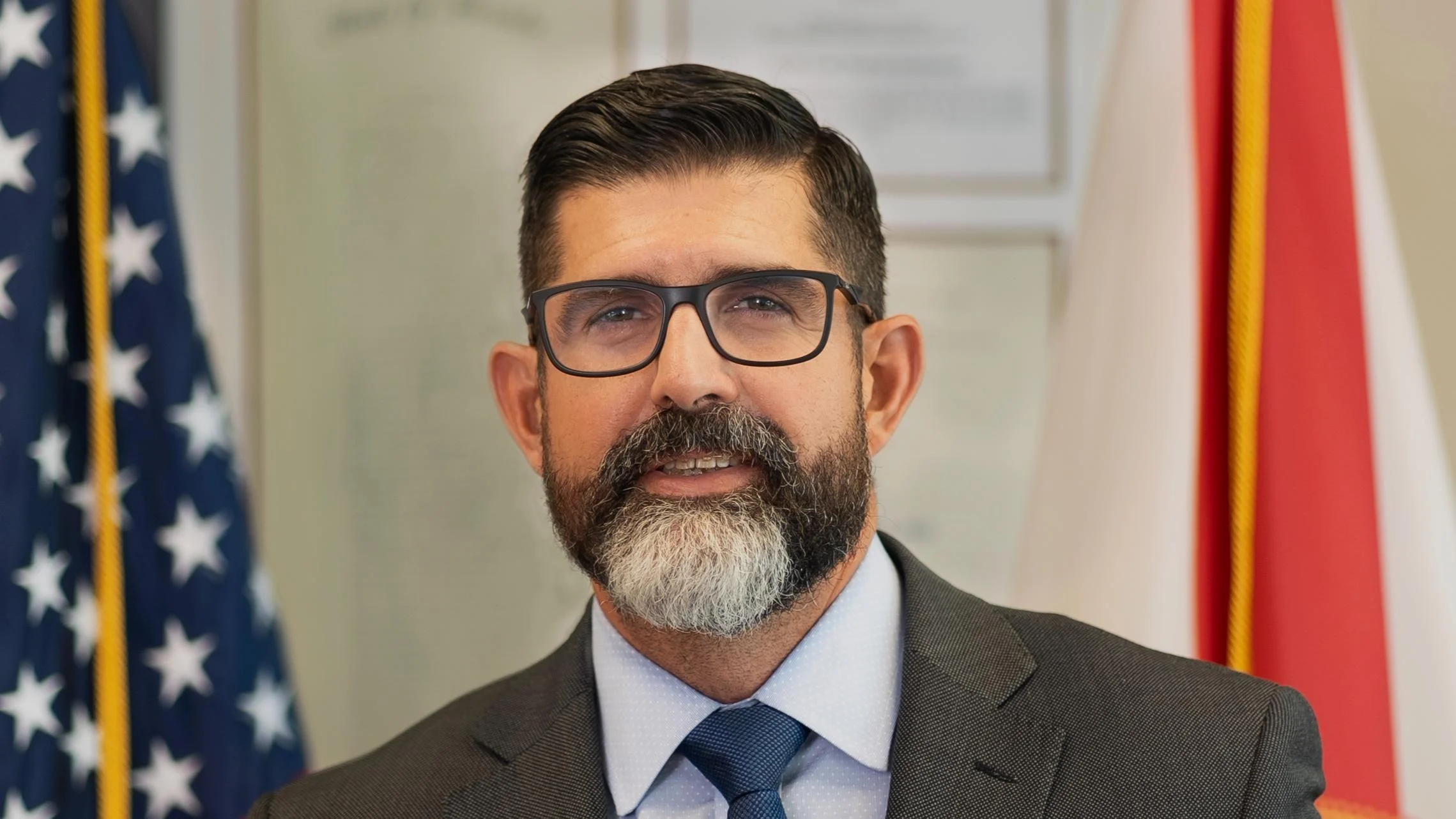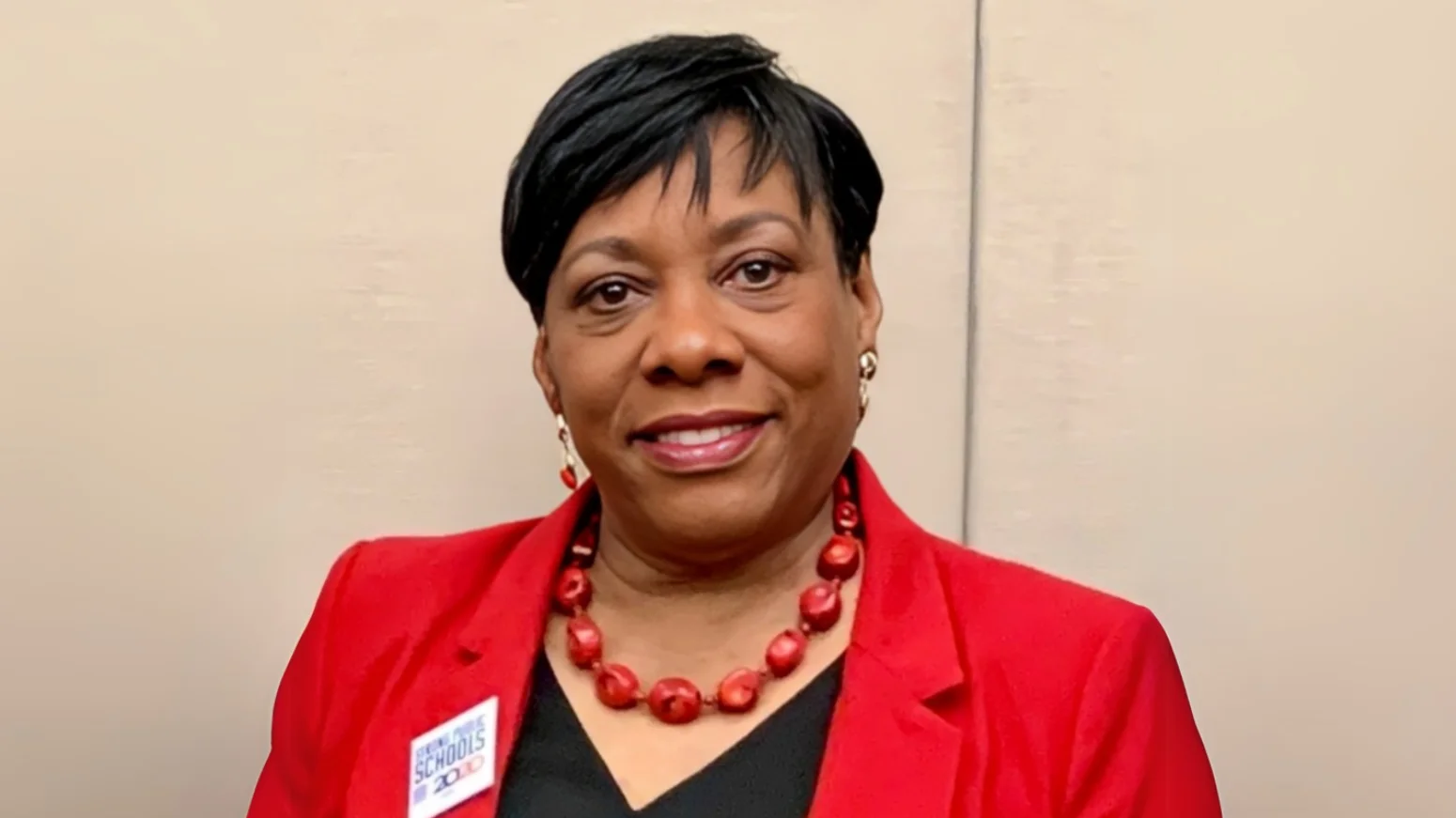
Emily Tate Sullivan Senior Reporter | EdSurge Research
Near a cardboard cutout of Daniel Tiger, the PBS Kids office is filled with graduation invitations and letters from students. These letters highlight the influence of children's television shows on their educational journeys. One graduate expressed her intention to become an elementary school teacher because of PBS.
Sara DeWitt, PBS Kids senior vice president and general manager, noted that while they have received many invitations over the years, this season has seen an unprecedented number of graduation announcements. "The outpouring of support is helping remind us why this work is so important and what an amazing impact it has on lives," she said.
This surge in support comes as the U.S. Department of Education and the White House consider pulling national funding from PBS. The Trump administration argues that public spending on media groups like PBS is "not only outdated and unnecessary but corrosive to the appearance of journalistic independence."
PBS leaders warn that funding cuts could dismantle public television, which provides a safe viewing space for children and parents. They argue that losing programs like “Arthur” and “Clifford the Big Red Dog” would harm research focused on children's media.
Shelley Pasnik, principal investigator for Ready to Learn programming, emphasized the trust parents place in PBS programming due to its educational value. Dave Peth, creator and executive producer of “Lyla in the Loop,” highlighted PBS's rigorous research process: "Yes, it does take extra steps to make sure what we’re building is based on solid research on what works in education, but it’s worth it."
PBS collaborates with advisers ranging from educational researchers to psychologists to create content frameworks based on age-appropriate learning goals. Producers use these frameworks when creating content for TV shows or games while ensuring they remain engaging for children.
Federal funding accounts for about 15% of PBS's total budget. The Ready to Learn grant saw its funding cut by $23 million in May by the U.S. Department of Education.
Kathy Hirsh-Pasek from Temple University argued against replicating PBS's scale without sustained support: "They don’t have the people, the labs and the sustained support."
Rachel Barr from Georgetown University noted that access to educational content predicts learning outcomes more than material resources do: "Access to educational content is more predictive for learning...and social outcomes."
Despite abundant media options today, finding high-quality programs remains challenging for families. Amaya Garcia from New America pointed out how modern entertainment lacks research-backed methods employed at PBS.
GBH’s Seeta Pai emphasized local outreach efforts' importance in low-resource areas where children may lack access otherwise: "That’s what these stations are uniquely suited to do; they’re boots on ground."
As federal funding faces potential cuts again after previous threats were eliminated last year through advocacy efforts led by Protect My Public Media coalition members across local broadcasting stations nationwide—nearly all stating imminent staff reductions if funds were lost—GBH laid off some staff earlier this month while nationally furloughing roughly one-quarter within its Kids division alone already started shrinking amidst current threat levels facing them now too closely ahead yet still looming large evermore present day-by-day ongoing further forward into future times coming soon enough next up around corner waiting patiently perhaps until then?
###





 Alerts Sign-up
Alerts Sign-up